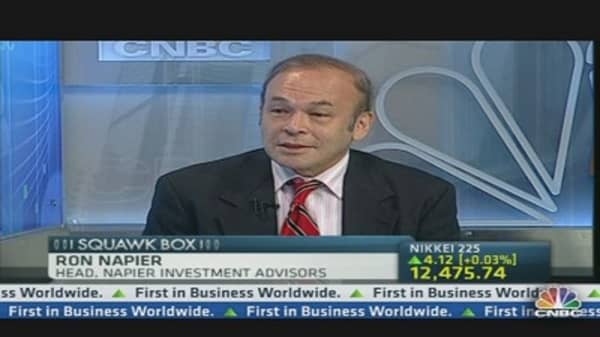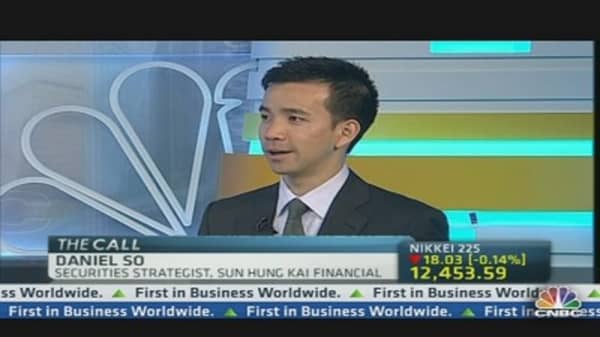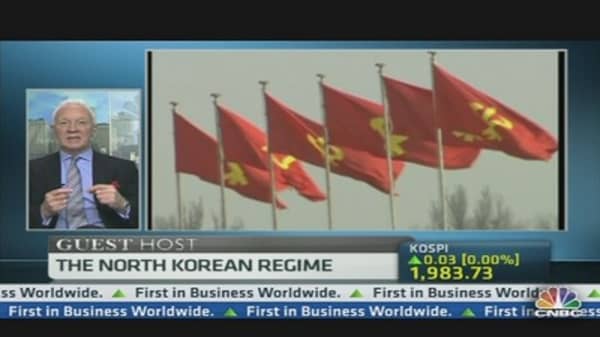Australian stocks led Asia higher on Wednesday after upbeat U.S. economic data provided temporary relief to the on-going euro zone worries while earnings momentum drove gains in greater China.
The S&P ASX 200 added 0.9 percent thanks to a rebound in resources while Seoul's Kospi sat near a one-week high. Japan's Nikkei however, lagged behind as investors awaited bold easing measures from the central bank.
Meanwhile, the Hang Seng Index came off a one-week high and the Shanghai Composite closed in positive territory for the first time in three days.
Encouraging economic reports from the U.S. pointed to an improving economy and boosted Wall Street overnight. The S&P/Case Shiller home price index logged its biggest year-on -year increase since 2006 as durable goods orders rose over 5 percent in February from a month earlier.





